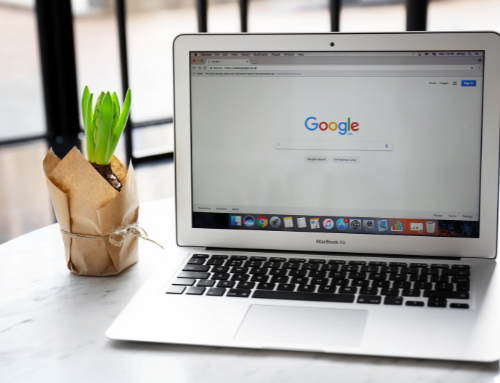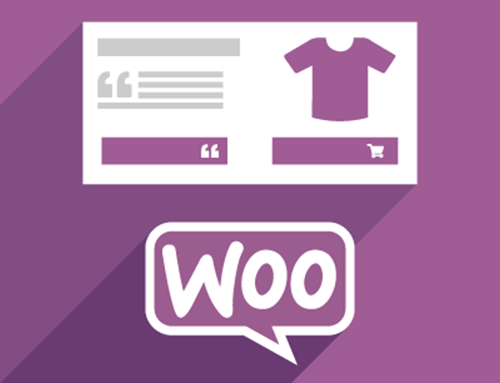Learn about how to prepare the ultimate website plan through efficient communication.
Every website designer should strive to help companies produce results by providing hassle-free websites designed to convert! Here at SME Media we believe standards should be set a lot higher among website designers in London and Surrey. Don’t be one of those website designers who a) takes too long to complete a project b) lacks in communication c) forgets to carry out research which would ultimately save you time and money in the long-run.
In this blog post we have listed 10 of the main questions for consideration and aim to help you raise the bar with potential clients looking for a high quality service and a user-friendly website. Make your job easier and assist the client to make informed decisions.
1. “What Does Your Business Do?”
It’s shocking how many website designers get straight to work without really understanding the client business concept to start with. Take the time to speak to your client about his/her business goals and objectives so you can gain a clear understanding of the company vision. If you have the same vision you should both be on the same page!
Questions to Consider for the Client:
What is your business background?
How big is your company team?
Are there plans to increase services in the future?
2. “What Benefits Does Your Business Offer?”
Taking things one step further it is always handy to ask for the exact benefits of your client’s business. A business website should be designed with results in mind so if there is one thing you should focus on, it’s the benefits! Think business, think conversion!
3. “What Do You Want To Achieve From Your New Website?”
Nowadays you can pretty much say that every business needs a website if they are looking to get noticed online and grow a network. Ask your client what is to be achieved from the new website and create the website plan accordingly. In cases where your client is unsure, provide guidance and direct them to learn more about their primary and secondary goals. Every website should have a mission so find it and make it clear!
Primary Website Goal Example, “BUY MY BOOK”
Secondary Website Goal Example, “SIGN UP FOR MY WEEKLY NEWSLETTER”
Some questions to consider:
Will you be selling a product(s) through your website?
Will you be selling a service through your website?
Are you creating a website to collect data from potential clients?
Do you need a website to increase brand exposure?
Do you want your phone to ring more?
Do you want to create a network and maximise interaction?
4. “Do You Have A Website Already?”
You can save yourself so much time by asking the client about any previous or existing websites. By talking to your client and asking the right questions you will be able to identify all the issues he/she has faced in the past and use them to improve your website plan before getting started. Use this information for inspiration and make it your mission to outperform the current/old site with a fast, dynamic, well-designed replacement.
A few more questions to consider:
How long ago did you set up this site?
How do you find the layout and user navigation?
Does it use CMS (Content Management System)?
What do you like or not like about this website?
Does your current website generate results for your business?
Are you happy with your current brand logo?
How do you monitor progress?
Is there anything you would really like to keep for the new website?
5. “Who Are Your Competitors?”
You don’t want to design a website that looks the same as your competitor’s so you better check them out to avoid confusions happening. Your aim is to create a website that will help your client shine in the marketplace. Most clients will know who their competitors are but help them venture a little deeper to establish the less obvious competitors lurking in similar social circles. Don’t go copying other websites, that’s not cool! Simply research and assess them to increase your knowledge about the industry and get inspired.
6. “Who Are You Targeting & Why?”
Setting the tone of the site is extremely important but there is no way you can get this right unless you know who will be seeing it. Investigate the target audiences of the business and create the website design / tone accordingly. A pink floral website for a vehicle customisation company is not the one! Find out colours that trigger the right responses for your client’s brand and allocate time to find out your client personal preference. Integrating plus points from competitor websites with client personal preferences can give you a head start to a first-time successful website. A brand is there to communicate a message loud and clear so make your client proud by making this your goal. Use smart words and images to get the mind ticking and target the fears and pains of a target audience to make your client stand out.
Make suggestions to help your client shine:
Explain how SEO works and the benefits
Fast responses get you noticed
Excel in customer services from when the first phone call is made
Offer super-fast or free delivery
Create offers that are the best in the market
Maintain open and easy communication lines
Learn the psychographics & demographics of the target audiences
Talk about the customer pains and guarantee solid solutions
7. “Do You Have Websites You Like? Why Do You Like Them?”
As a designer you will be aware that starting a project is probably the hardest part. Where do you start? Think logically and ask your client if there are any other websites he/she likes. This way you will get a real feel for the kind of styles your client likes and wants. Use these to help you get started on design, be prepared and go for gold first time round! It’s also handy to find out which websites they really DON’T like to get an idea for styles that don’t hit the spot.
8. “Which Features & Tools Do You Require?”
From the gazillions of features and tools you can use to enhance user experience on websites you’ll need to identify which are most suited to help you achieve your client goals. Don’t shoot yourself in the foot by leaving this until last. Inform your client of all the features and tools available that could enhance website performance and provide reliable and honest guidance. By doing this at the start you can quote accurately and save yourself time at a later stage in the website design process. Discuss how the client plans to monitor success and the options available for website customisation!
Some examples of features/tools your client may want:
Shopping Cart /Shopping Trolley
Social Media Set Up & Management
Sliding Banner
Mobile Responsive Website
Comment Slots for Interaction
Blog Design / Newsfeed
Image Gallery
Email Collection Section
Google Analytics to Monitor Progress
9. “Do You Have Any Content Used To Promote Your Business?”
Many businesses will have existing images and content that could just require improvements but in many cases businesses do not have anything (which means starting from scratch). Consider all of this and speak to the client about any existing collateral that he/she can provide before even starting on website design. Make sure you collect as much as possible to guide you in the right direction! Inform your client of the options you have in store for copywriting services and the various packages you offer for website design. Collect as much as you can from the client and use the material as a catalyst for your own creation.
10. “When Are You Looking To Launch Your Website?”
It is in your best interest to steer the client to use your service. As part of website planning you need to know if the client has a launch date in mind. Inform them of how you operate, the process from start to finish, the payment methods you accept and make your service sound smooth-flowing, professional and organised. Ultimately the client wants a good communicator, an attractive website and results. Help your client understand timeframes and this will lead you to discuss a start date. While the client is in a positive and excited frame of mind it’s best to make the deal a solid one. This will help you avoid long waits, time-wasting and risk of losing the contract. Be helpful, secure the contract and agree the start date to create excitement.
Are you interested to find out more about Website Planning for website designers in London and Surrey. We always have someone here in our office to answer any questions you have. Call us direct on 0203 418 0001 or send us a message

